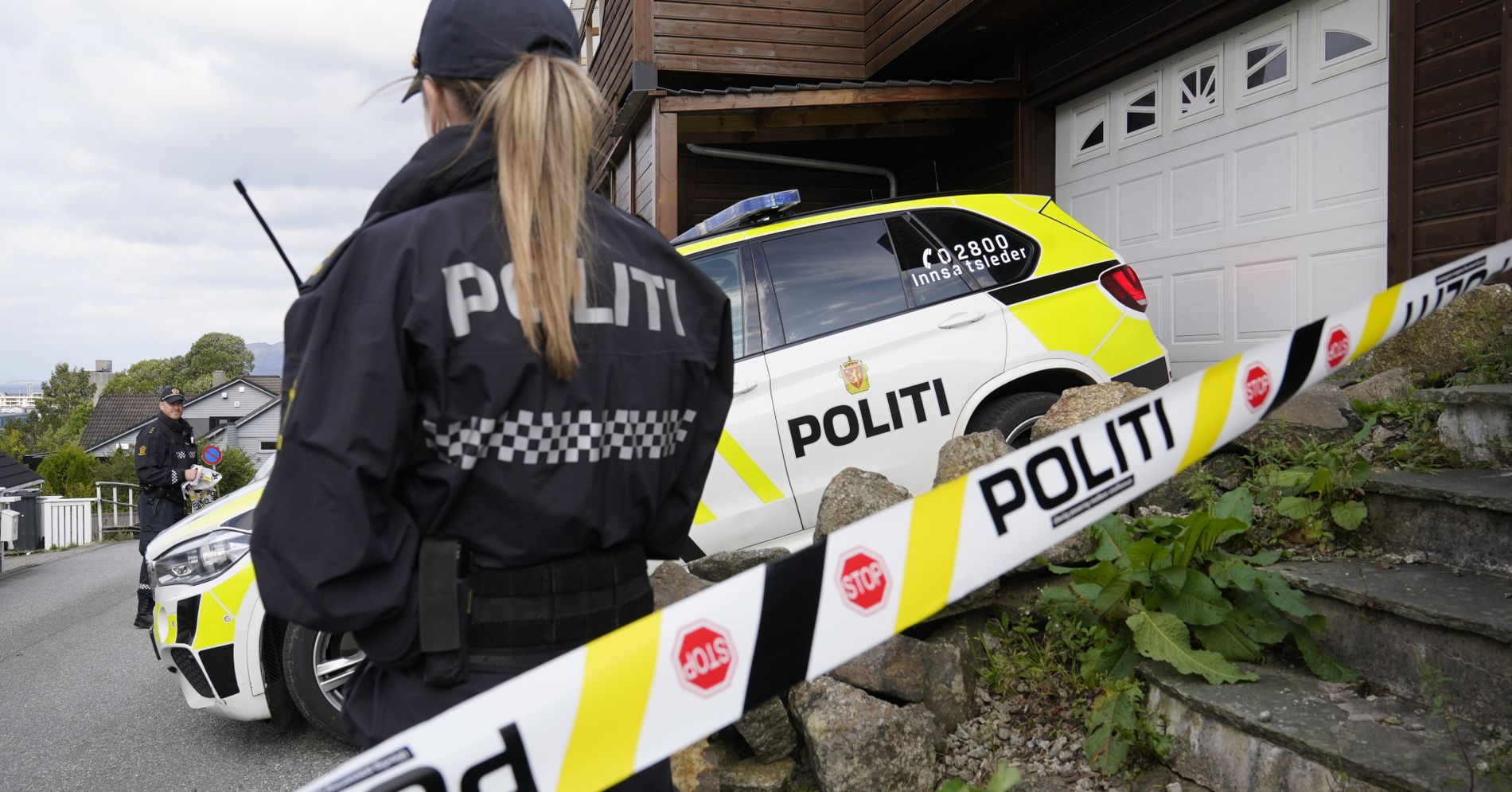It’s about child poverty, working poor, poverty among single parents, among retirees. The theme of poverty is more present than ever in the German election campaigns. It is also a major problem for the eastern neighbors: one in six people in Germany lives below the poverty line. Once you are poor, it is more difficult in Germany than in other European countries to escape. And the gap between rich and poor is only widening.
“These are two worlds that live completely side by side,” says volunteer Veronika Hempe. She works at the Kiezladen in Berlin’s Prenzlauerberg: a place where people can get free clothing, legal advice and – on Fridays – food. Prenzlauerberg is one of the most coveted bits of Berlin. Beautiful stately buildings, with matching rents. Coffee bars, restaurants, yoga studios everywhere. The district is fully gentrified.
Maybe not the most obvious place for a food bank, but looks can be deceiving, says Hempe. “In the past, just after the wall came down, Prenzlauerberg wasn’t such a wealthy neighborhood at all. Some of the people who came to live here then are still there. If they haven’t been forced to move yet, because the rents are rising rapidly.”
More poverty
High rents, rising prices for food and petrol: especially in the big cities, the number of people who can no longer get by without help is growing. Just like the visitors of these Kiezladen. “I have a pension of 580 euros a month, which is supplemented up to social assistance level,” says an elderly lady who has lived in Prenzlauerberg all her life, had various jobs, but does not have enough left over for daily shopping. She feels the gap between herself and the neighbors every day: “When you hear what the people earn here, it’s unbelievable. Why so much?”
–


